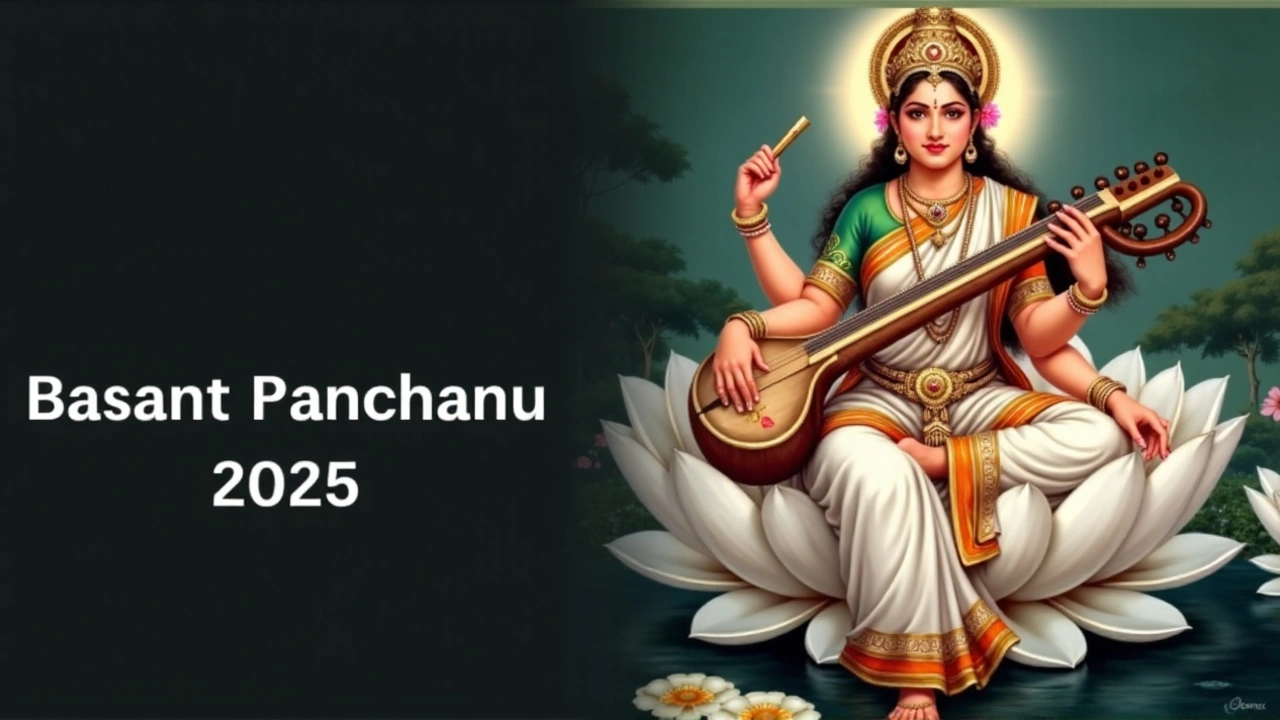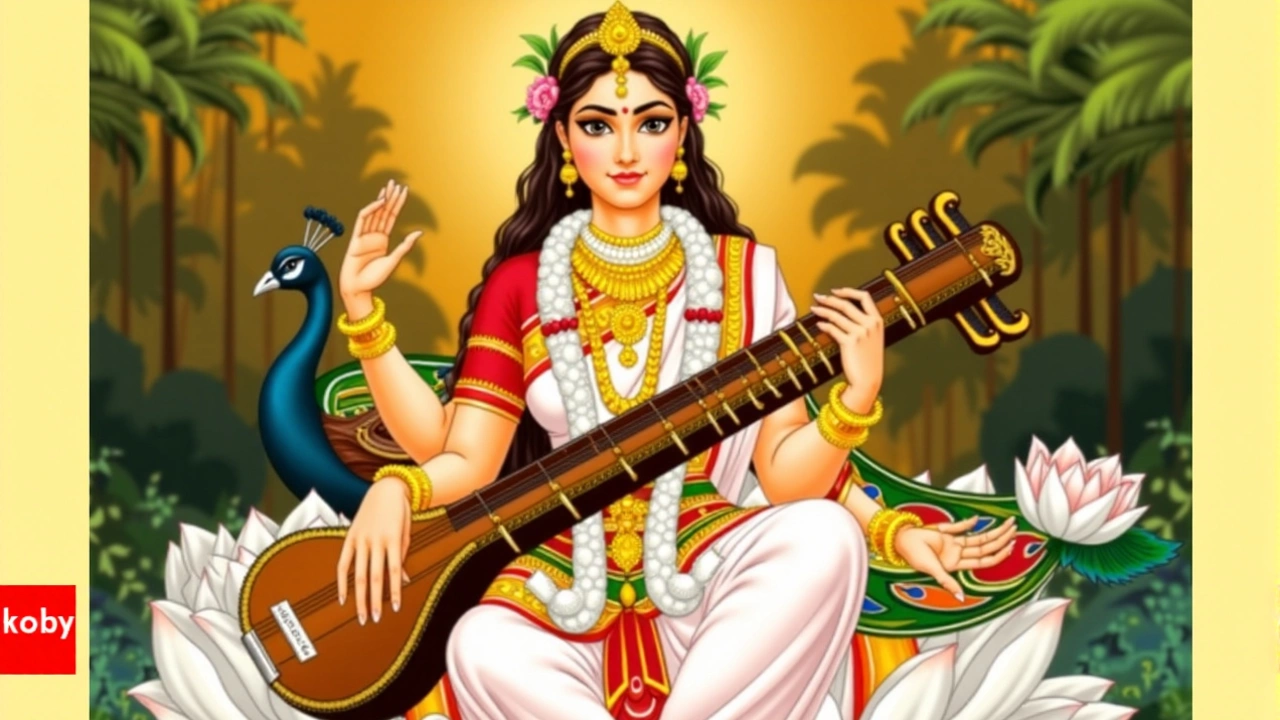
The Significance of Basant Panchami
Celebrated with great enthusiasm across various parts of India, Basant Panchami, also known as Saraswati Puja, is a festival that marks the arrival of spring and honors the goddess of wisdom, art, and music, Saraswati. Falling on the fifth day of the Hindu month of Magha, this auspicious occasion carries a profound cultural and spiritual significance. The day is revered not just for its religious importance but also as a tribute to the onset of spring, symbolizing renewal and growth.
Basant Panchami is a celebration of knowledge and learning. It brings together students, scholars, and teachers, all united in their pursuit of enlightenment and wisdom. On this day, households and educational institutions across the country perform Saraswati Puja, seeking the goddess's blessings for academic success and intellectual growth. With the advent of spring, the festival is equally a time for nature to rejuvenate, as the landscapes burst into vibrant hues of yellow.
Rituals and Celebrations
The essence of Basant Panchami lies in its vivid customs and colorful traditions. Yellow, symbolizing prosperity, light, and energy, is the color of the day. People dress in yellow garments, and homes are adorned with bright yellow flowers. This color dominance reflects the mustard fields that come into full bloom during this time, painting the countryside in shades of yellow, making it a sight to behold.
Saraswati Puja is observed with great devotion, and it involves placing books, musical instruments, and other objects of knowledge near the idol or image of Saraswati. The puja is conducted with chants of shlokas, hymns, and the Saraswati Vandana, creating an atmosphere of spiritual tranquility and devotion. Families come together to sing and pray, celebrating this festival of knowledge and artistic expression.
One cannot overlook the culinary delights that accompany this festival. Sweet delicacies are prepared and shared among friends and family, adding a savory touch to the celebrations. Traditional foods like yellow rice, saffron-infused sweets, and boondi are enjoyed, blending taste with tradition.

Cultural Impact and Observance
While not a mandatory public holiday across India, Basant Panchami holds special significance in states like Haryana, Odisha, Tripura, and West Bengal, where it is often observed as a day off. Educational institutions in these regions, including schools and colleges, actively participate in the celebrations. The focus is on honoring Saraswati, encouraging students to show respect and seek blessings for wisdom and success.
The festival's roots run deep into India's cultural fabric, serving as an embodiment of the country's rich heritage and spirituality. In some parts, kite flying is a popular activity, with the skies painted in bright patterns, symbolizing joy and the spirit of spring. It's during this time that the cultural arts, such as music, dance, and painting, find a special place in celebrations, reflecting the goddess's domain over the arts and learning.
Sharing Joy and Greetings
Basant Panchami is a time for sharing joy and spreading blessings among loved ones. People send greetings, messages, and images that resonate with the festival's theme of wisdom and renewal. Common greetings include "May the divine grace of Maa Saraswati bring peace and enlightenment to your life. Happy Saraswati Puja!" and "Wishing you a bright and joyful Basant Panchami filled with prosperity and happiness." These messages not only convey best wishes but also reiterate the importance of knowledge and spiritual growth in one's life.
In essence, Basant Panchami is more than just a religious festival. It is a celebration of harmony, knowledge, and the freshness of spring. It serves as a reminder of the continuous quest for learning and the beauty of cultural heritage. This festival unites people beyond the bounds of age, caste, and creed, in a shared appreciation of arts and education. As the day unfolds, the hymns and sounds of Saraswati Vandana echo in the air, filling it with a sense of reverence and hope for a brighter future.